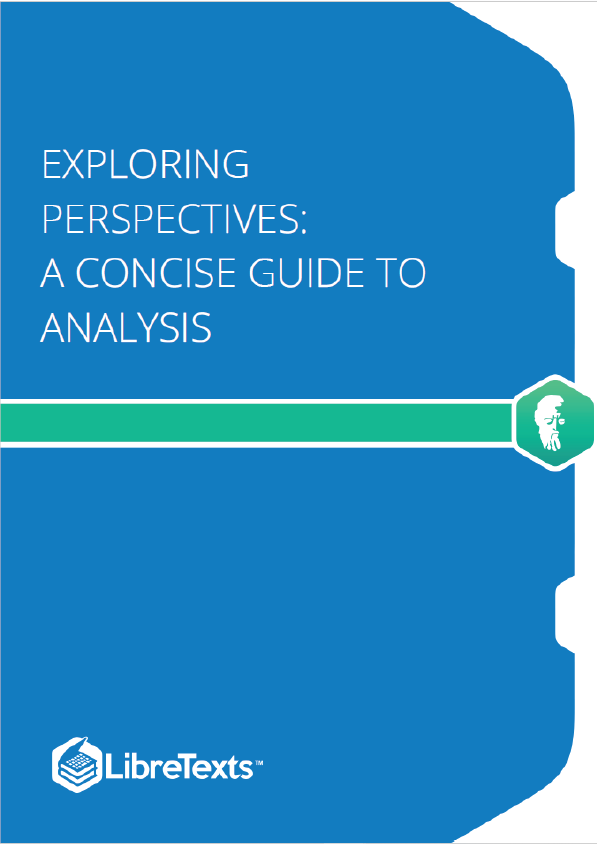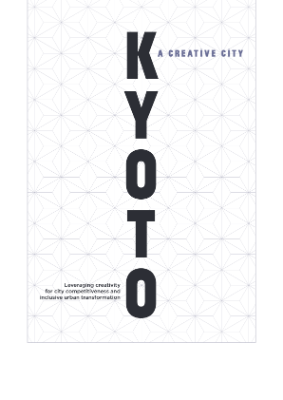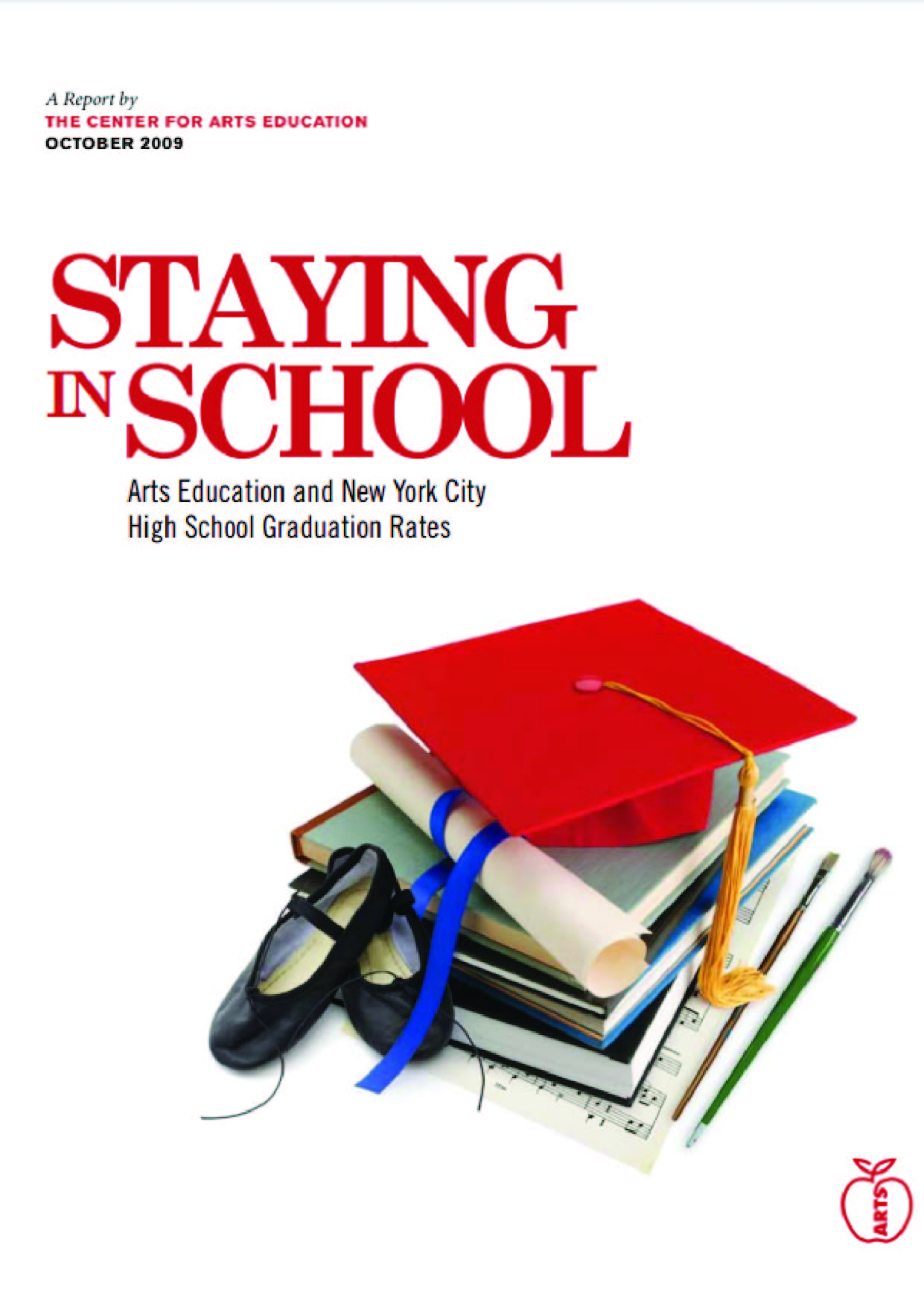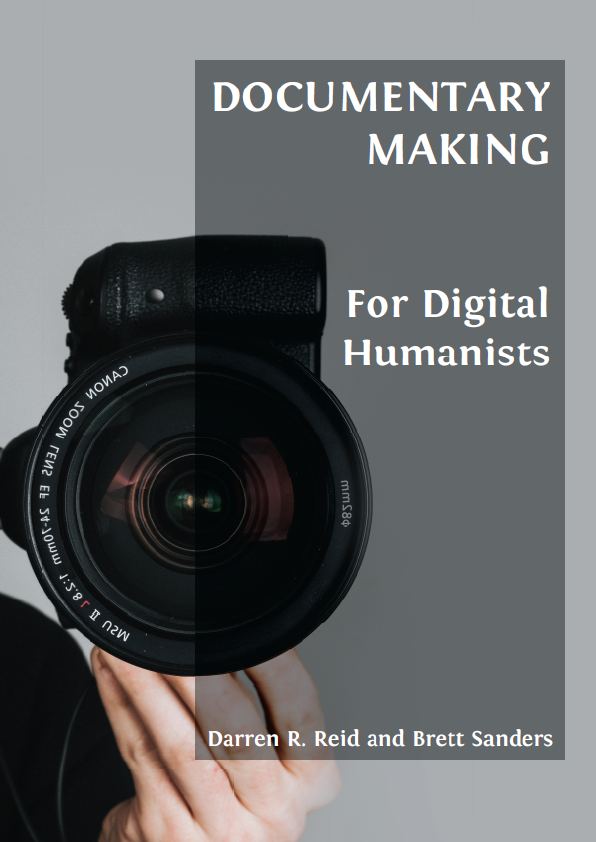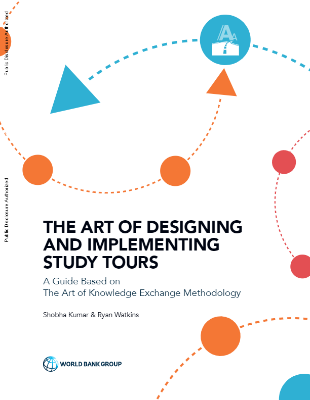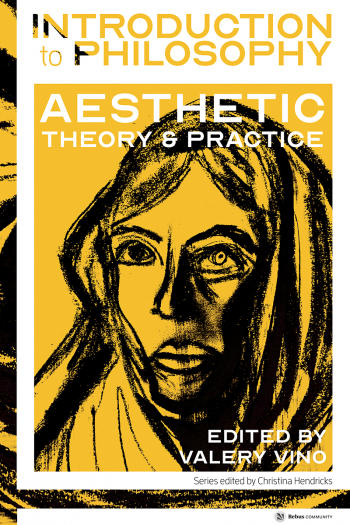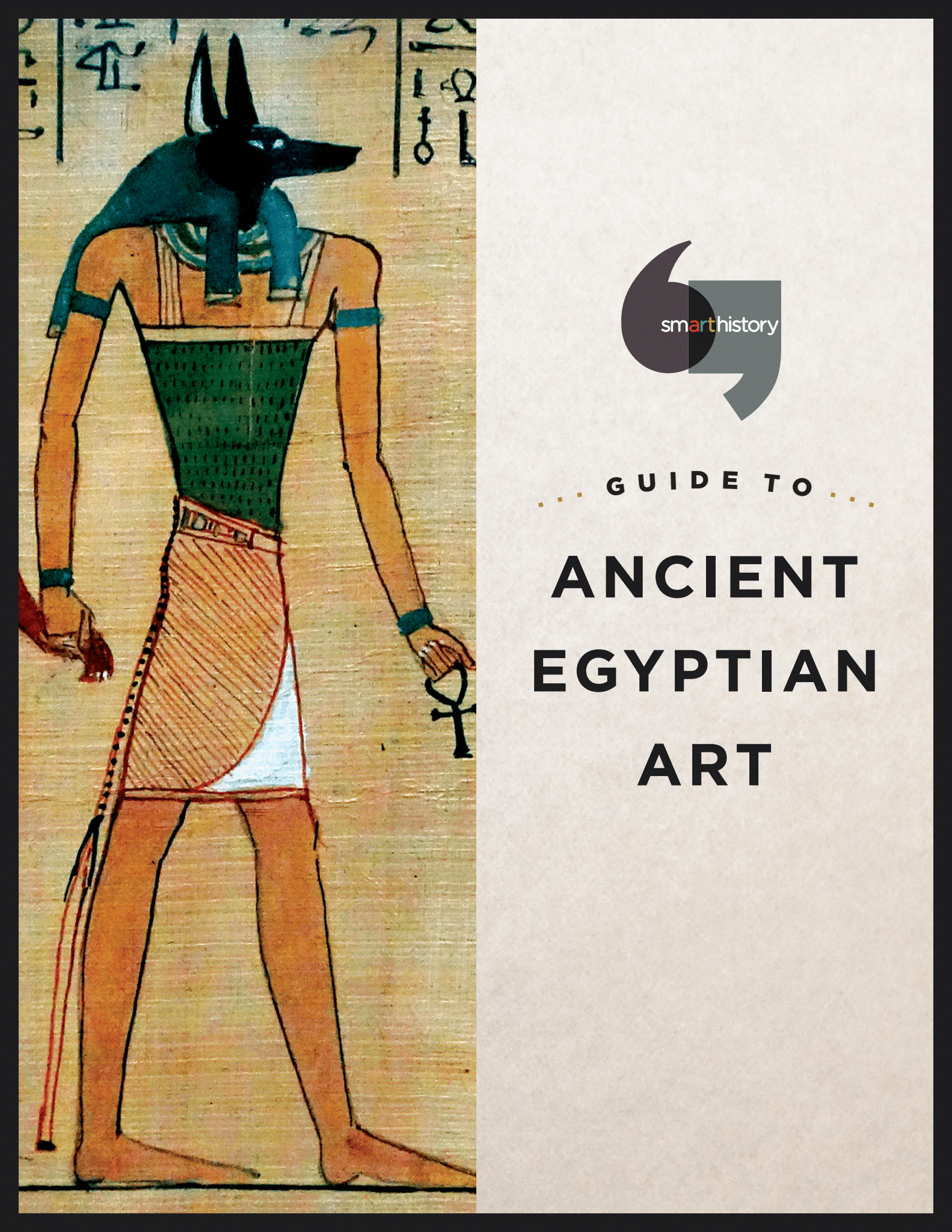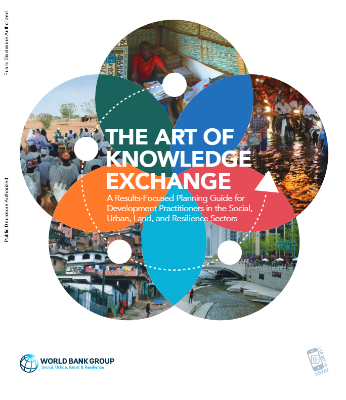This often quoted parable reveals how history functions as an on-going conversation, a conversation that we’re invited to participate in during the time we have on earth. Likewise, when we write an analysis of a subject, we should see ourselves as participating in a discussion on it, one that will continue long after we’ve handed in our essays. Just as it’s unlikely that what we have to say will be the last word, so we should not allow others to have the final say either. Of course, there isn’t just one conversation that goes on in our lives; instead we are involved every day in several discussions, and they all influence each other. Because we do not begin any analysis as a blank slate, we first need to understand why we see a subject in a certain way, by considering how past discussions and experiences inform our reactions.
None of us are raised in a vacuum: our friends, our teachers, and our families influence our beliefs, tastes, and judgments. Though sometimes we may disagree with their perspectives (especially those of our parents), we can never completely escape from them. Likewise, our broader culture exerts a heavy influence. For instance, although you might enjoy shows like South Park or Family Guy that satirize the American family, you might not have liked them if you were alive (and able to see them) in the 1950s when Americans were more celebratory and less critical of themselves. In addition, personal experiences strongly inform our reactions. At some time, we have all heard a sappy song about a person getting his or her heart broken and wanted to scream at the singer to get over it, only to hear the same song again after being freshly dumped and feeling as though it now penetrates our soul.
This holds true not only for works of art and fiction but also for writing that reveal the author’s intentions more directly, such as editorials, documentaries, and essays. For one, we may disagree as to whether the author’s stated purpose is the only reason behind the piece. If, for instance, I were to write an editorial arguing that the government should spend more money on education to make it more accessible to the poor and bring about greater cultural literacy, I know what my friends and family would say: “Yeah, right, Randy; you just want a raise.” And even if everyone were to agree that the author has sincerely stated the purpose of the piece, the effect of that purpose will vary from person to person due to the different experiences, morals, and beliefs that shape each individual’s unique perspective. For instance, a Michael Moore documentary that is critical of American business practices may leave one person (who just received a promotion) seething at him for trying to tear down established institutions, while another viewer (who just got downsized) may applaud Moore for bravely calling our attention to an injustice that needs to be rectified.
